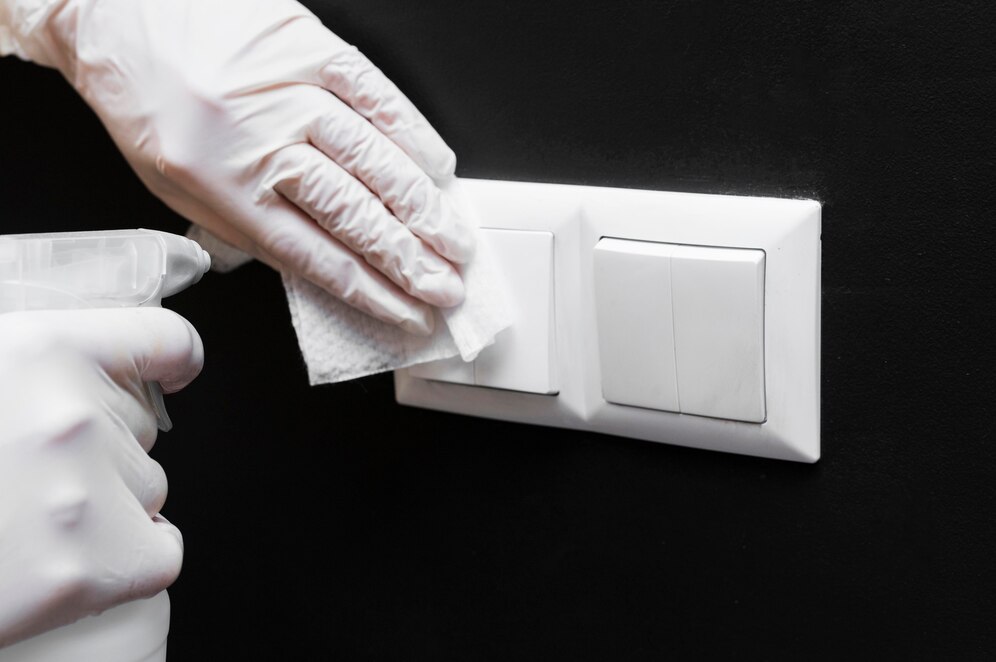The combination of water and electricity is widely known to be hazardous, ranging from mild shocks to potentially fatal electrocution. However, at Experts In Your Home, we believe that not everyone fully grasps the risks, particularly in the context of maintaining electrical safety in the bathroom. Considering the numerous water sources like faucets, tubs, and showers juxtaposed with electrical outlets and fixtures, the bathroom presents a prime environment for such hazards. In fact, we would argue that the bathroom poses greater electrical risks than even the kitchen.
Before delving into our comprehensive room-by-room guide on electrical safety, it’s crucial to internalize lesson number one: in your bathroom, water and electricity should always be kept separate, regardless of the presence of ground fault circuit interrupters (GFCIs).
Understanding the Risk: GFCIs are instrumental in bathrooms as they promptly cut off electricity in the presence of water, potentially saving lives by mitigating the danger. However, they are not infallible and may degrade over time, necessitating regular testing to ensure they function properly, akin to smoke detectors. Moreover, it’s imperative never to underestimate the risk posed by the combination of water and electricity. Even with dry skin, the body’s natural resistance to electrical current is compromised when in contact with water, making accidents, such as appliances falling into a bathtub, particularly perilous.
Applying Electrical Safety in the Bathroom: Remain vigilant for warm outlets or light switches, frequent fuse blowouts, or flickering lights, as these are indicative of underlying wiring issues requiring immediate attention from a licensed electrician. Regularly inspect the cords of plug-in appliances like blow dryers and curling irons for any signs of damage, such as cracks or fraying, to prevent potential fire hazards. Ensure that appliances are kept away from sinks to minimize the risk of contact with water. Consider consulting a licensed electrician to install additional outlets if space constraints necessitate multiple appliances sharing a single outlet. Always switch off and unplug appliances after use to eliminate potential shock hazards, particularly if they may come into contact with water. Exercise caution with lighting choices, favoring enclosed ceiling lights over pendant lights, which may pose a greater risk of contact with water in wet environments. Limit the introduction of new plug-in appliances into the bathroom, as each additional device increases the risk of electrical accidents. By adhering to these electrical safety measures, you can effectively mitigate potential hazards in your bathroom, ensuring the safety of your household. Should you require the assistance of a local electrician in Chico, Paradise, or nearby areas, consider reaching out to Experts In Your Home for professional support.

